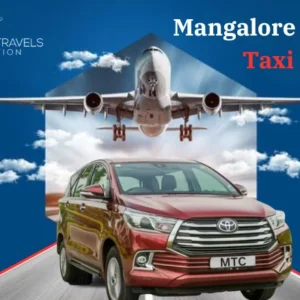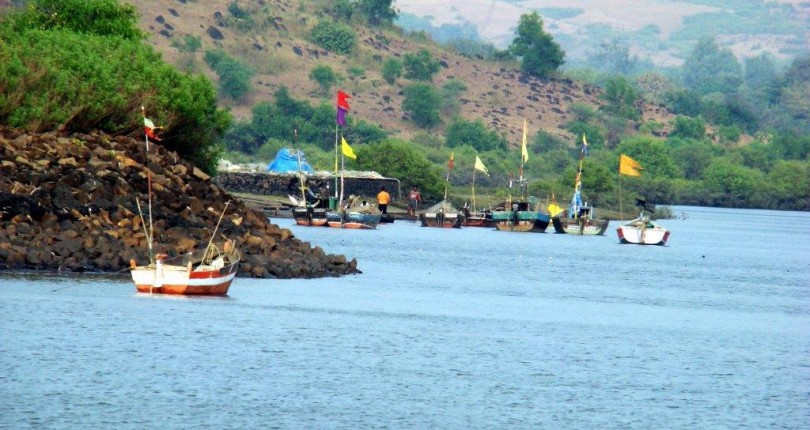Before COVID-19, many in the tourism industry were looking forward to an increase in travel in 2020 and beyond. This view was mainly due to the ever-growing interest in travel brought about by social media and lifestyle channels, as well as more competitive rates and the upgrade in facilities worldwide.
Now, however, in just six months, the travel industry has been hit hard. People are wary about traveling, and governments want to enforce that wariness to prevent more setbacks to their economy.
While we still don’t know how everything will play out, some believe that the following may become the new norms in travel because of the pandemic.
1 Masks may become the norm when traveling
Although masks can’t stop all diseases, they do limit exposure to many. While not everybody may like the idea of covering their faces all the time, the mask might just be here to stay. It’s not only COVID-19 that is out there; there are a range of airborne diseases that can be avoided if people keep their faces covered in crowded and enclosed areas. Even if it is just the common cold, tourists will appreciate being able to enjoy their trip rather than staying sick in bed in their hotel room. Looks like this will be the next chapter in biology homework answers.
2 Middle seats might no longer be used
Because social distancing also prevents the spread of disease, airlines and other forms of transport might no longer allow passengers to occupy the middle seats. This will impact the revenue flow or increase ticket prices, but it is better than not being able to transport passengers.
3 Pre-screening may be required
Another possible requirement may be health pre-screening before departure. Similar to how some travelers need a visa to enter certain countries, travelers may need a health pass soon. It is still unsure if countries will be ranked according to health risks, but most probably, citizens from a country that is currently battling an outbreak will be screened.
4 Countries may set up travel bubbles
To minimize the need for lockdowns in the future, countries may set up special travel bubbles. In such bubbles, nearby cities or provinces may work hand in hand to ensure needed goods continue to flow in and out of areas to prevent shortages. While this is not necessarily for the tourism industry, but the population in general, it may allow “safer” regions to continue normal tourist operations.
5 Better contact tracing methods
A final thing to expect is better contact tracing methods. An issue that arose from the COVID-19 pandemic was that it was difficult to track down those who had come into contact with the disease carriers. At the moment, there are still issues about the confidentiality of personal data and personal location, but given the seriousness of how one virus can shutdown economies, expect tracing methods to become more stringent.
Summary
Hopes are still high that once a vaccine is made that the tourism industry can recover and thrive. Expect, however, that there will be more stringent travel protocols to ensure that something similar does not happen again.




